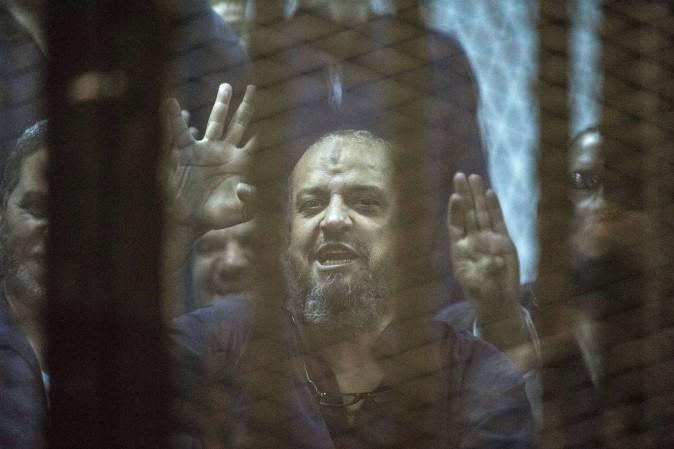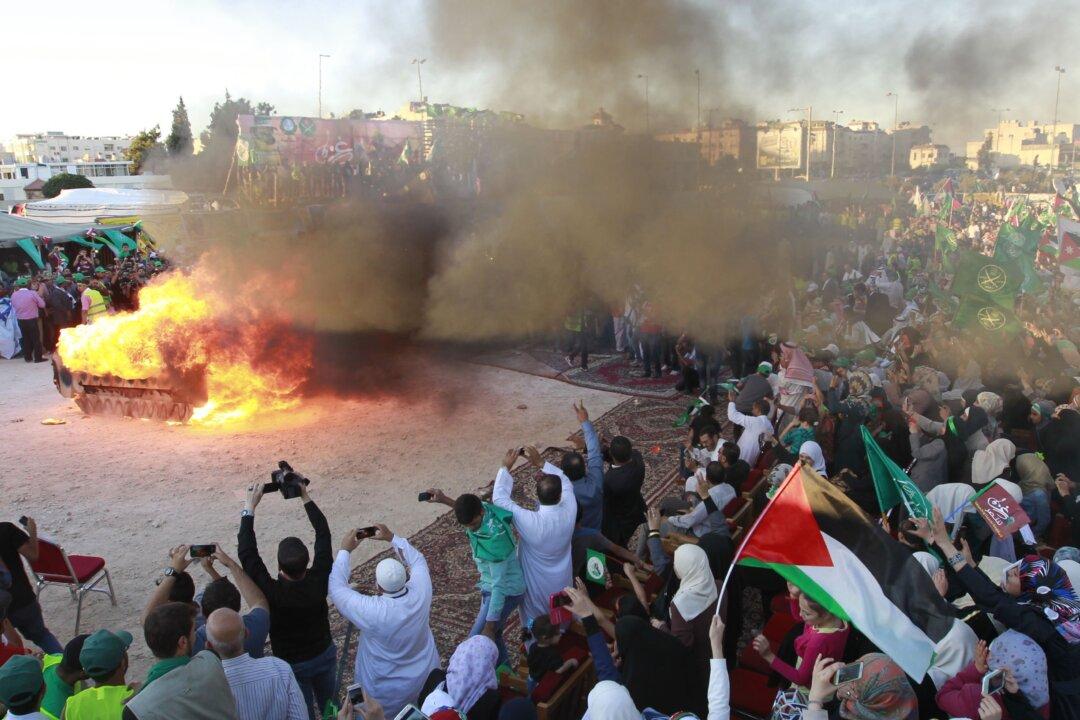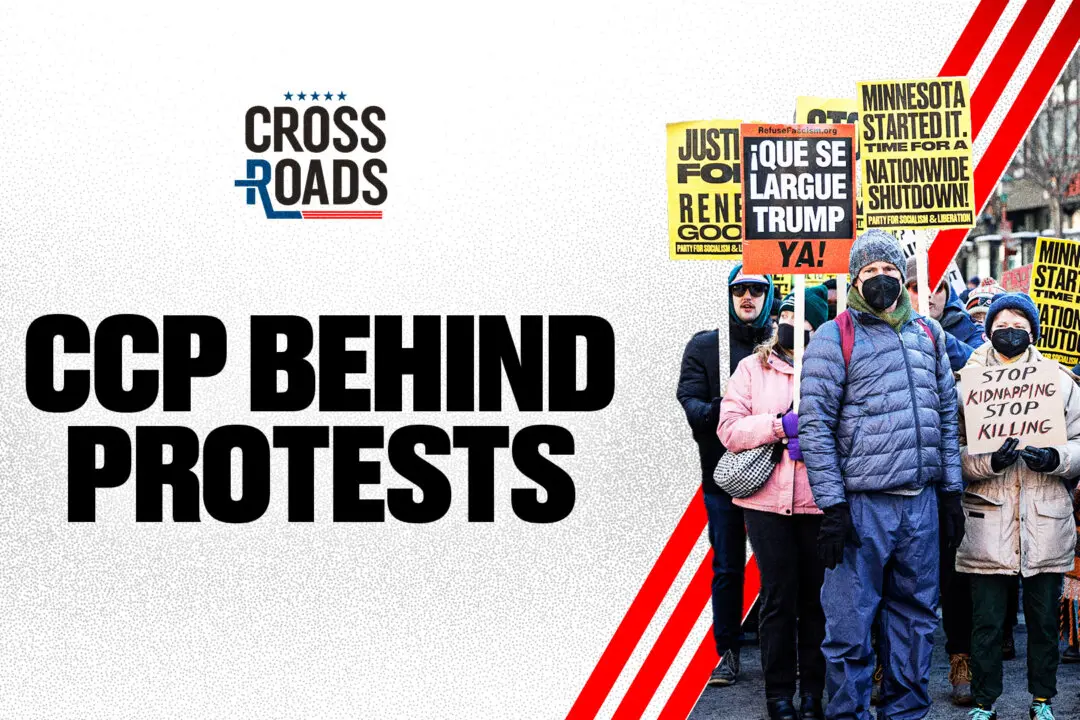The Trump administration may place the Muslim Brotherhood on the foreign terrorist watch list, subjecting it to sanctions, due to the organization’s promotion of Islamic governance and its ties to terrorism.
White House Press Secretary Sean Spicer said in a Feb. 8 briefing that he would not “get ahead of any announcements that we may or may not have coming in the near future,” but added that President Donald Trump “made very clear during the campaign that the first step is understanding, knowing, and proclaiming who the enemy is. And he’s going to do whatever it takes.”
Reuters cited an unnamed Trump insider saying the effort was led by former national security adviser Michael Flynn to have the Muslim Brotherhood designated a terrorist organization by the State Department and Treasury Department. Flynn resigned from his post on Feb. 13 over controversies surrounding calls he had with Russia’s ambassador to the United States during the transition, which he did not fully disclose.
Even without Flynn, however, there are pushes from other parts of the government to declare the Muslim Brotherhood a terrorist organization. Sen. Ted Cruz (R-Texas) and Rep. Mario Diaz-Balart (R-Fla.) reintroduced a bill on Jan. 9 to designate the organization a terrorist group (which Cruz previously introduced in November 2015).
A press release from Cruz’s office states the objectives of the Muslim Brotherhood can be seen in the memorandum On the General Strategic Goal for the Group in North America (published in 1991).
The memorandum states, according to the release: “The process of settlement is a Civilization-Jihad process. ... The Ikhwan [Muslim Brotherhood] must understand that their work in America is a kind of grand Jihad in eliminating and destroying the Western civilization from within and ’sabotaging' its miserable house by their hands and the hands of the believers.”
Congressman Diaz-Balart said in the release, “This bill would impose tough sanctions on a hateful group that has spread violence and spawned extremist movements throughout the Middle East.”






